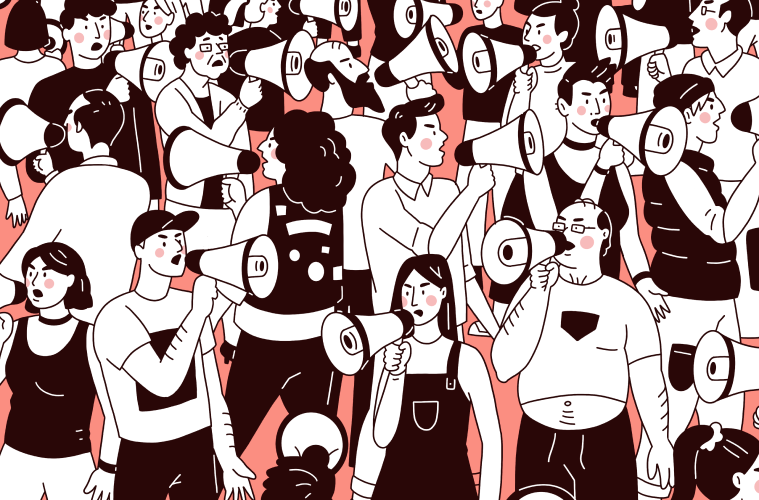As I was researching this piece I started reading what else has been written about the topic of what a Labour government will mean for women, as I usually do. And I came across an article on the Independent website entitled: “What does the Labour win mean for women?”
Before I could get into the actual article, I noticed that it was in the lifestyle section, sitting alongside gems like: “Is it really so bad to want to marry rich?” or “Mixed-weight couples on screen are only a problem if women aren’t thin”.
It got me thinking – if we’re still putting anything to do with women into so-called lifestyle or some cleverly named “female” pages in the media, that means women’s issues are still not seen as having wider political importance. In a recent interview I did with Dr. Mary-Ann Stephenson, who is a director of the Women’s Budget Group for Rebalancing Act, we discussed whether women are really being considered as central figures when politicians are setting economic policy.
Although they should, since the introduction of the Equality Act, Stephenson said there is still a lot to do in practice to make it so.
A Labour government could make some big changes, though.
One of the big positives of last week’s election in the UK is that there will be at least 264 female members of parliament in the new government. Rachel Reeves is set to become the country’s first female chancellor, and Angela Rayner is due to become deputy prime minister. The representation of women in the House of Commons is now 40.6%.
But it has not been a great run-up to the election for female candidates. There have been numerous reports of harassment and online abuse. Meanwhile, Labour and Sir Keir Starmer, who just became the UK’s prime minister after a landslide win in the general election, have come under criticism for their attitude towards ethnic minority women, particularly highlighted by the party’s deselection of Faiza Shaheen and the suspension saga of Diane Abbott.
According to Farah Hussain, Muslim women have had a particularly tough time within the party.
In terms of Labour’s policies aimed at women, it is encouraging that Starmer has previously said he will aim to halve crime against women. The Labour Party’s plans include establishing rape units in every police force and specialists in emergency control rooms, as well as fast-track courts and legal advice for victims.
In its manifesto, the Party also supported automatic suspensions for police officers accused of domestic abuse and sexual offenses. Pledges such as ensuring that the minimum wage is a real living wage should help many women as well, as generally, more women work minimum wage jobs than men. The party has also made commitments to implement menopause policies at work.
However, on other issues, like equal parental leave and supporting people who take on unpaid care work, the majority of whom are women, there hasn’t been a lot said. Aside from promising to ensure that parental leave is a right from day one of employment that is.
There is a lot of work to be done to achieve equity in the UK, and a lot that can be done for the benefit of women. It seems like having a Labour government in place is a good start.
The next step is when creating policy to consider how it might impact women’s lives as well as men’s, instead of as an afterthought. With the highest number of female ministers in UK history, Starmer’s cabinet has a good chance of achieving this.
But it’s not just his government that has a role to play. The impact of politics on women should not be in their niche little pages but given prominent coverage. And the media has a responsibility to give the women in the cabinet a fair platform and not just obsess over their clothing choices.
Written by Selin Bucak. Find her latest pieces here.

